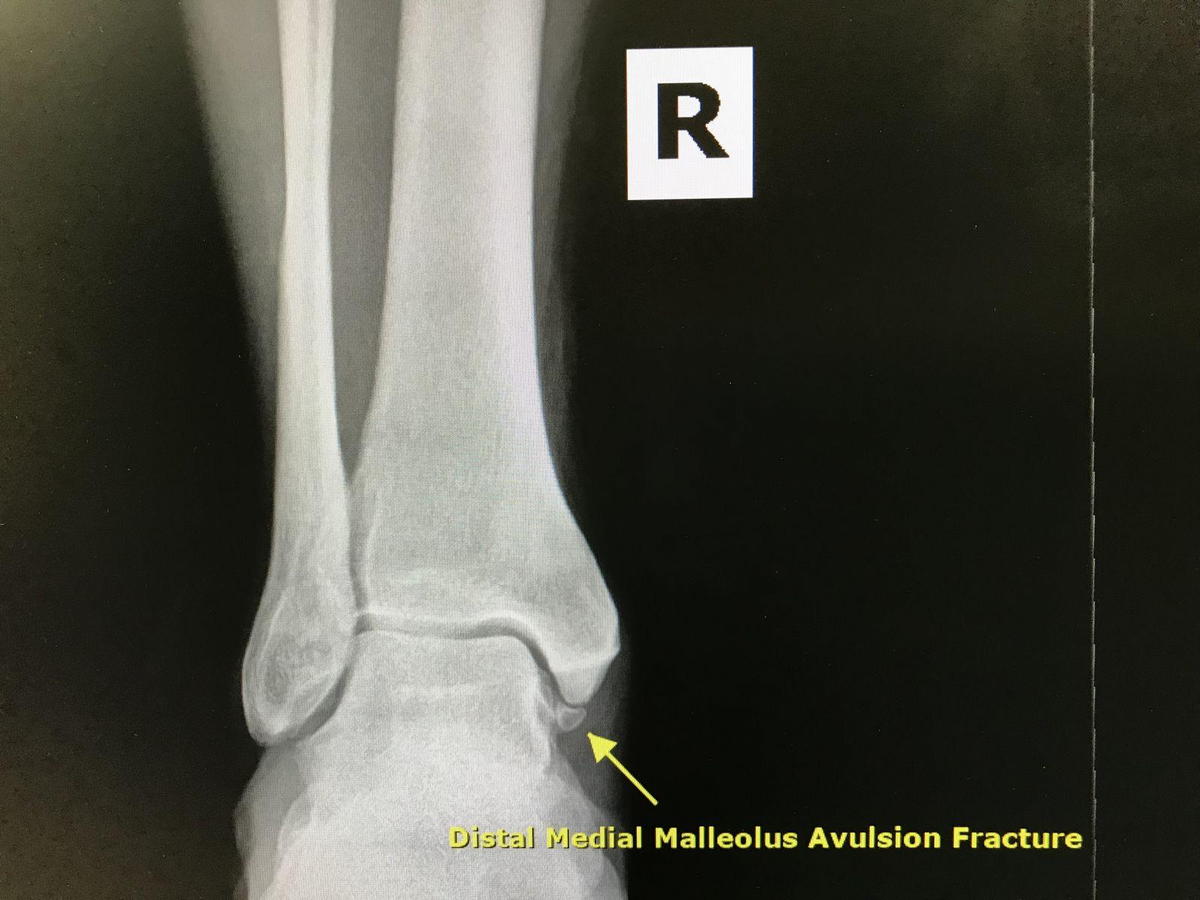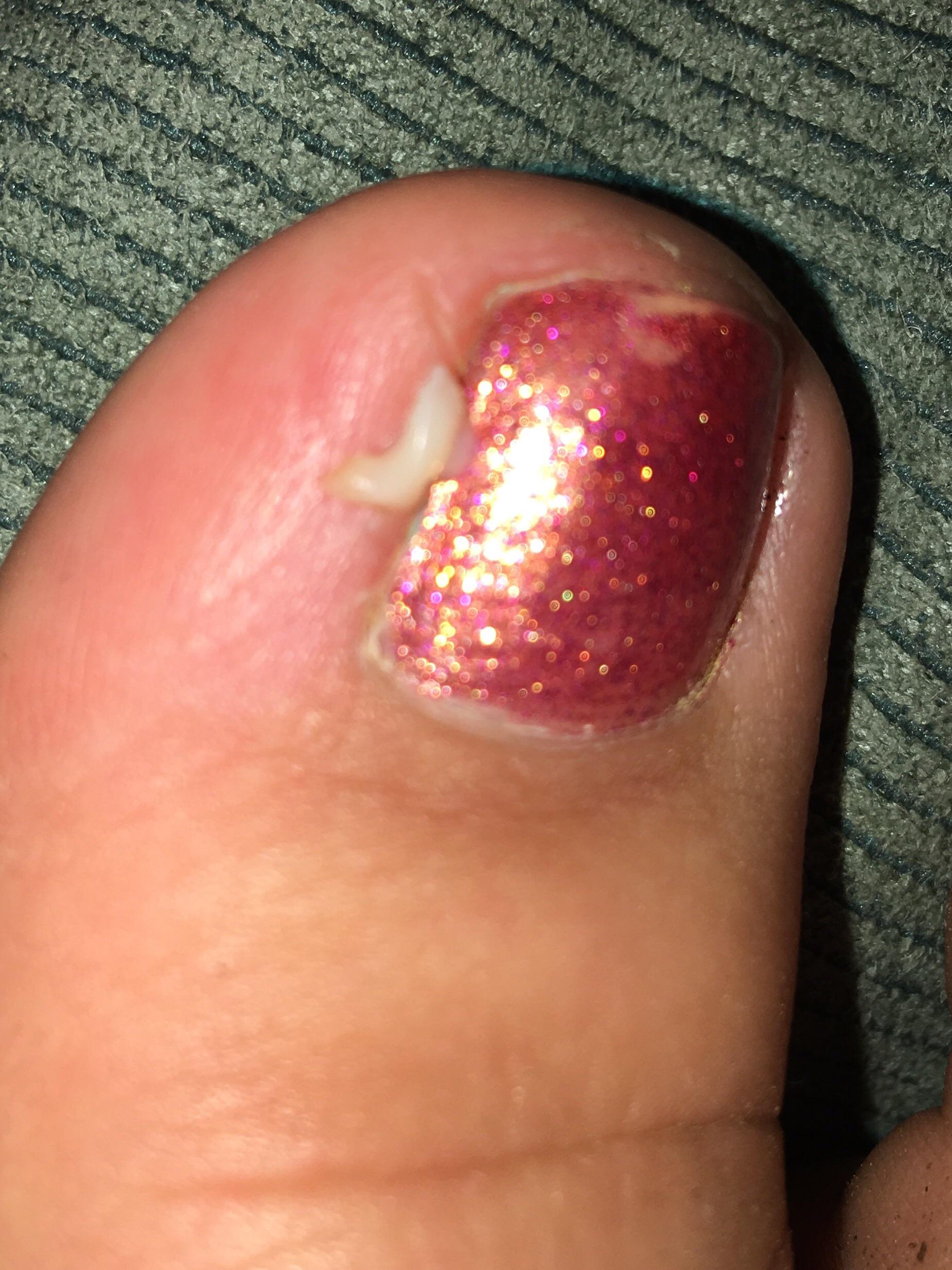Emergency Tooth Pain Near Me: Fast Relief Solutions
Experiencing emergency tooth pain can be one of the most distressing and debilitating conditions, affecting not only your oral health but also your overall quality of life. The sudden onset of severe toothache can disrupt your daily activities, making it challenging to concentrate on work, enjoy your favorite foods, or even get a good night’s sleep. If you’re searching for “emergency tooth pain near me,” it’s crucial to understand that prompt action is essential to alleviate your discomfort and prevent further complications.
Understanding Emergency Tooth Pain
Emergency tooth pain refers to any toothache or dental issue that requires immediate attention from a dental professional. This can be due to various reasons, including tooth decay, gum disease, tooth fracture, or an abscess. The pain can range from mild and intermittent to severe and constant, often accompanied by other symptoms like swelling, fever, and sensitivity to temperature changes.
Causes of Emergency Tooth Pain
Several factors can contribute to emergency tooth pain, including:
- Tooth Decay: When bacteria in your mouth break down the enamel and dentin of your teeth, it can lead to cavities. If left untreated, these cavities can progress and reach the pulp, causing severe pain.
- Gum Disease: Also known as periodontal disease, gum disease involves the infection of the gums, which can cause pain, especially when eating or drinking.
- Tooth Fracture: A cracked or broken tooth can expose the pulp, leading to pain and increased risk of infection.
- Dental Abscess: A pocket of pus that forms in your teeth or gums as a result of a bacterial infection. An abscess can cause severe, persistent toothache and other symptoms like swelling and fever.
Fast Relief Solutions
While it’s essential to visit a dentist as soon as possible for emergency tooth pain, there are some fast relief solutions you can try to manage your discomfort temporarily:
- Rinse with Warm Salt Water: Dissolve a teaspoon of salt in a cup of warm water and swish it around your mouth to reduce swelling and kill bacteria.
- Use Over-the-Counter Pain Relievers: Medications like ibuprofen (Advil, Motrin) or acetaminophen (Tylenol) can help alleviate toothache pain. However, always follow the recommended dosage and consult your dentist before taking any medication.
- Apply a Cold Compress: A cold, damp washcloth applied to the outside of your cheek near the aching tooth can help reduce pain and swelling.
- Try Desensitizing Toothpaste: If your tooth pain is due to sensitivity, using a desensitizing toothpaste can provide temporary relief.
Finding Emergency Dental Care
When searching for “emergency tooth pain near me,” it’s vital to find a dental clinic that offers urgent care services. Here are some steps to help you find the right emergency dental care:
- Check Online Directories: Websites and online directories can provide a list of emergency dentists in your area. Look for reviews and ratings to narrow down your options.
- Contact Your Regular Dentist: Even if your regular dentist doesn’t offer emergency services, they might be able to recommend someone who does or provide guidance over the phone.
- Visit an Emergency Room: In severe cases where you’re experiencing symptoms like difficulty breathing or swallowing, or if you have a fever over 103°F (39.4°C), consider visiting an emergency room. However, for most toothaches, an emergency dental clinic is more appropriate.
Prevention is the Best Solution
While emergency tooth pain can strike unexpectedly, many cases can be prevented with good oral hygiene practices:
- Regular Dental Check-ups: Visiting your dentist every six months can help identify and treat dental issues before they become emergencies.
- Proper Brushing and Flossing: Keeping your teeth clean through regular brushing and flossing can prevent tooth decay and gum disease.
- Avoiding Sugary and Acidic Foods: Limiting your intake of sugary and acidic foods can reduce the risk of tooth decay.
In conclusion, emergency tooth pain requires immediate attention to not only alleviate your discomfort but also to prevent potential long-term damage to your oral health. By understanding the causes, knowing how to find emergency dental care, and practicing good oral hygiene, you can manage emergency tooth pain effectively and maintain a healthy, beautiful smile.
What are the most common causes of emergency tooth pain?
+The most common causes include tooth decay, gum disease, tooth fracture, and dental abscess. Each of these conditions can lead to severe toothache and requires immediate dental attention.
How can I temporarily relieve emergency tooth pain at home?
+You can try rinsing your mouth with warm salt water, using over-the-counter pain relievers like ibuprofen or acetaminophen, applying a cold compress, or using desensitizing toothpaste for temporary relief. However, it’s crucial to visit a dentist as soon as possible for a proper diagnosis and treatment.
What should I look for when finding an emergency dentist near me?
+Look for a dentist who offers urgent care services, has good reviews and ratings, and preferably has been recommended by your regular dentist or other trusted sources. Ensure they can provide the necessary care for your specific emergency dental needs.

